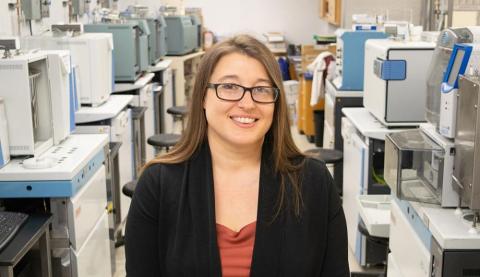Emergence and Evolution of Carolina’s Colonial Cattle Economy
Emergence and Evolution of Carolina’s Colonial Cattle Economy
The European colonization of the Americas led to the introduction of domestic cattle (/Bos taurus/) to the American landscape. Our interdisciplinary team examines the economic, environmental, and cultural impacts of the early cattle industry in the southeastern US, focusing on colonial Charleston and the Carolina Lowcountry as a case study. Although oral and written histories document the importance of cattle in the economy into the 20th century, understanding the historical background of the cattle economy requires deeper study of archaeological and historical records. In this talk I will share new perspectives on the 17th –19th century cattle economy using data derived from soil cores, stable isotopes, and zooarchaeological studies. Sediment cores document an increase in large herbivores during the colonial period, as well as an increase in frequent, low-intensity fires, likely anthropogenic. Strontium, carbon, and oxygen isotope data suggest that cattle were brought to Charleston from a variety grazing areas, both local and distant. Zooarchaeologically derived slaughter age profiles suggest that cattle production became more specialized over time. This project demonstrates that the tool-kit available to support multi-proxy studies of colonial enterprises has expanded far beyond archives, archaeological context, and material culture to include an ever-growing array of methods. When merged, the results of these applications demonstrate the complexity of the multiple relationships among people and their landscapes.
